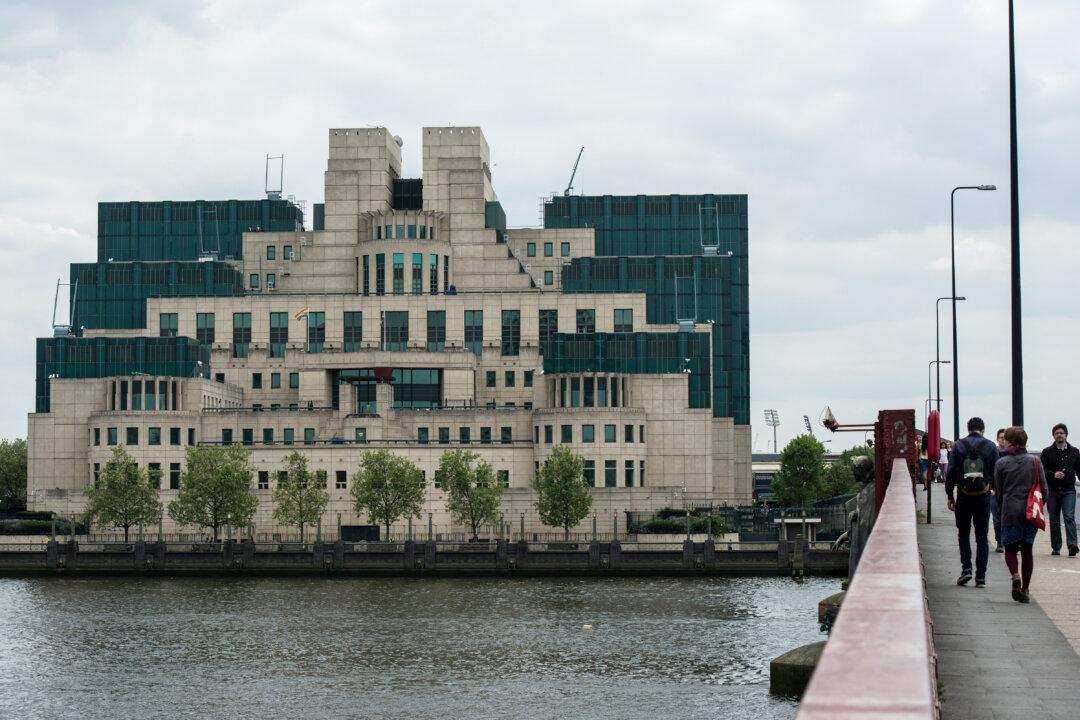The UK’s foreign intelligence secret service, MI6, failed to properly disclose to the Foreign Secretary that a spy operating overseas had likely gone rogue and committed serious crimes.
Service watchdog, the Investigatory Powers Commissioner’s Office (IPCO) revealed in its annual report published on Tuesday that the Secret Intelligence Service (SIS), more commonly known as MI6, had “identified a risk that the agent may be involved in serious criminality.”





